uproot
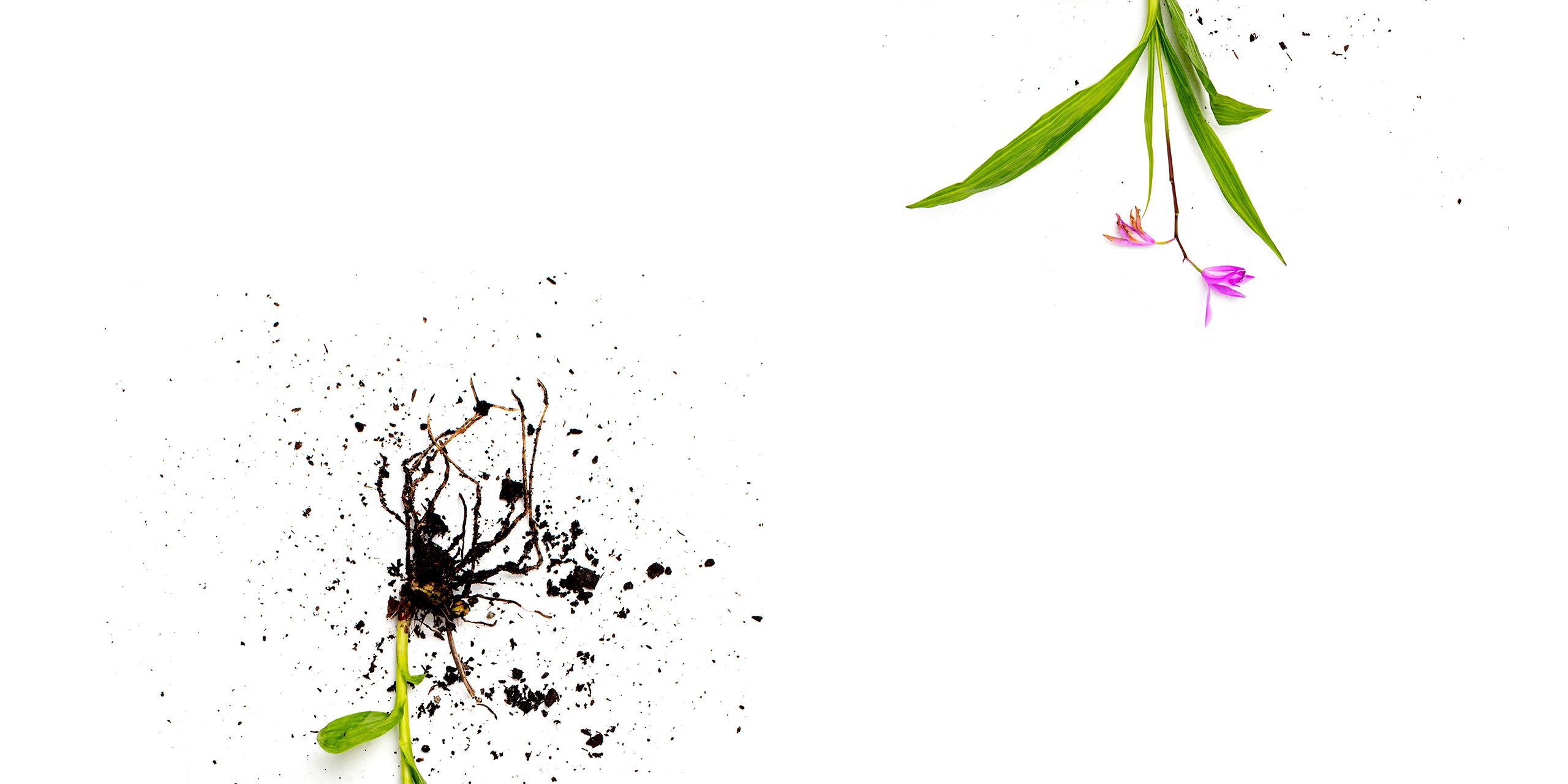
When the delivery woman arrives from the nursery, Luci is grateful, of course, but the orchid is not the right shade of purple. This one is more of a fuchsia; Luci is looking for a plum. Luci thanks the woman anyway — it’s not her fault; the options on the order card had not been very clear. Before the delivery woman hops back into her car, she quickly says, “I’m from the town over. We didn’t get hit as hard, but I just wanted to say that I’m really sorry for what happened here.”
Luci smiles softly and waves in return, cradling her new plant child and carrying it into her aluminum camper as the woman peels past the faded sunset colors of the “Sand, Sea, and Sun” RV park sign. The sign echoes the colors of the sky behind it, albeit more faded and less like a watercolor painting.
The phone rings as she walks into the camper. Ana. “Hi mom, just wanted to let you know I’m on the ferry right now. I’ll be there in 20 minutes.”
“Sounds great, hon. I’m headed outside. See you soon.” They exchange I love yous and Luci’s daughter hangs up the phone. Luci pulls her thick black hair back with an elastic band and picks up the card resting on the side table by the door. Her first orchid a few months back came with this tiny placard denoting the meanings of the colors that she now always keeps nearby for quick reference, determined to collect all the colors. She already has blue (rarity), and white (reverence, humility, innocence, and purity), and just last week another bloomed — red (passion and desire). She has one which has yet to bloom and reveal itself, although she’s hoping for yellow. She wonders if this one would be categorized as pink (grace, joy, and happiness) or purple (admiration, respect, dignity, and royalty). Luci frowns, then tosses the card back on to the small table and balances the orchid on one hip, ducking through the creaking door to head back outside.
Nickels is already in the tiny garden plot in the center of the RV park when she gets there, as are Raymond and Maria. “Lucinda,” Raymond greets her. Nickels just waves, sweat dripping from his tanned forehead and onto the soil as he wrestles with the weeds trying to strangle his radishes.
“Did you hear about the block party my husband and I are throwing on Sunday night?” Maria asks.
“A Labor Day fiesta,” Raymond adds, looking up briefly from his plastic watering can.
“Yeah, Nickels told me. It sounds fun, but Ana will be here for the whole weekend. She has Labor Day off from school, and I’m off work, so she’s driving down from Austin. She’ll be here any minute, actually,” Luci says, double-checking on her watch.
“Come on, I’m sure Ana will have fun, too. There will be fajitas, enchiladas, the works” Maria wheedles, “and Raymond is making his famous margaritas.”
Luci laughs. “We’ll see. Ana does love fajitas, but she’s coming to help me get my affairs in order so we can start renovating the house. We have to look and make a list of what needs to be done so we can start putting that insurance money to good use.”
Nickels leans back to stretch out his arms. “You’re finally getting around to that?”
“What do you mean, finally?” Luci looks at him, confused.
“I don’t know, just kind of figured you were going to stay here with us now.”
Nickels picks up the water bottle lying next to him and pours it over his salt-and-pepper hair.
“Stay here with you? I thought you were leaving?” Maria and Raymond have lived in the park since their marriage in ’92, and most of the other residents are either vacationers or Winter Texans. Luci and Nickels are the only hurricane transplants left in “Sand, Sea, and Sun.” From the beginning, Nickels had told Luci how he planned on moving out and restarting his life as soon as possible.
“I don’t know. I don’t mind it here,” he says, and turns back to his weeds.
“Well anyway, you know I’ve just been waiting for that whole insurance mess to be sorted out. The company was slammed with claims after Josephine, and we just got the money a few months ago. So, now I guess it’s time to get on with it.”
“We’ll miss you,” Maria says, smiling, as Luci starts digging the hole for her new orchid.
Luci glimpses Ana’s baby blue Pontiac pull onto the packed sand road leading to the park. “You know it’ll take a while to get the house fixed up. I’m not going anywhere. Besides, I still need to complete my orchid collection,” she says, standing up to greet her daughter.
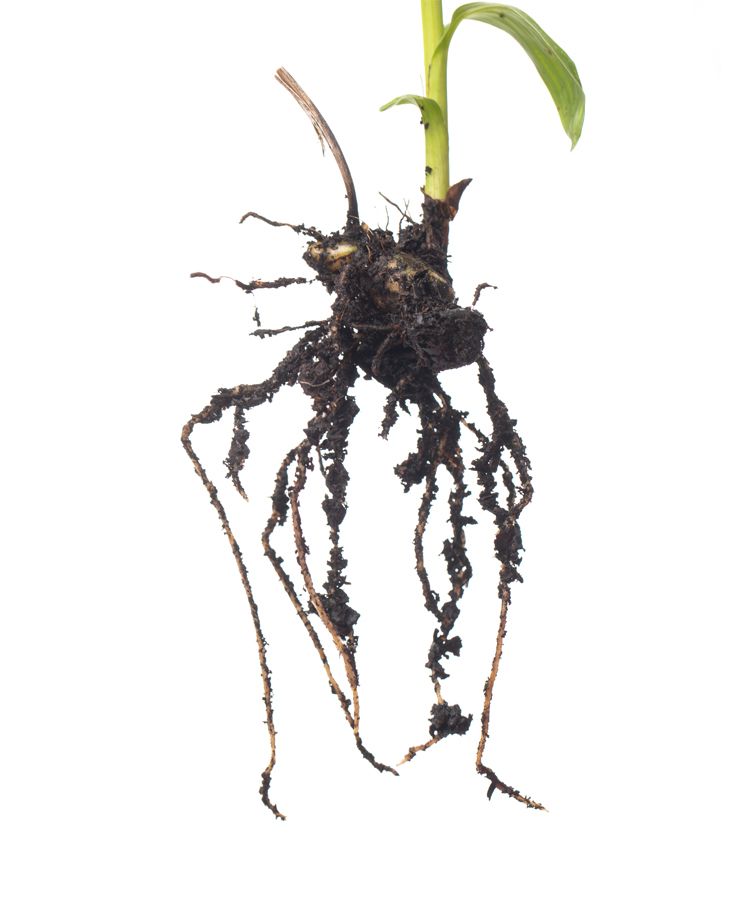
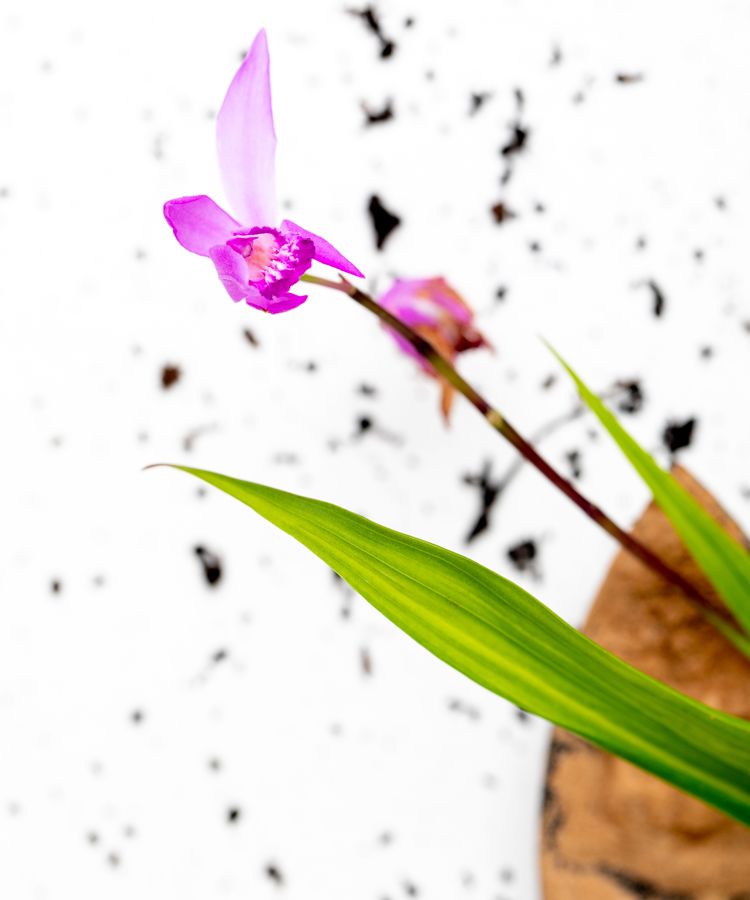
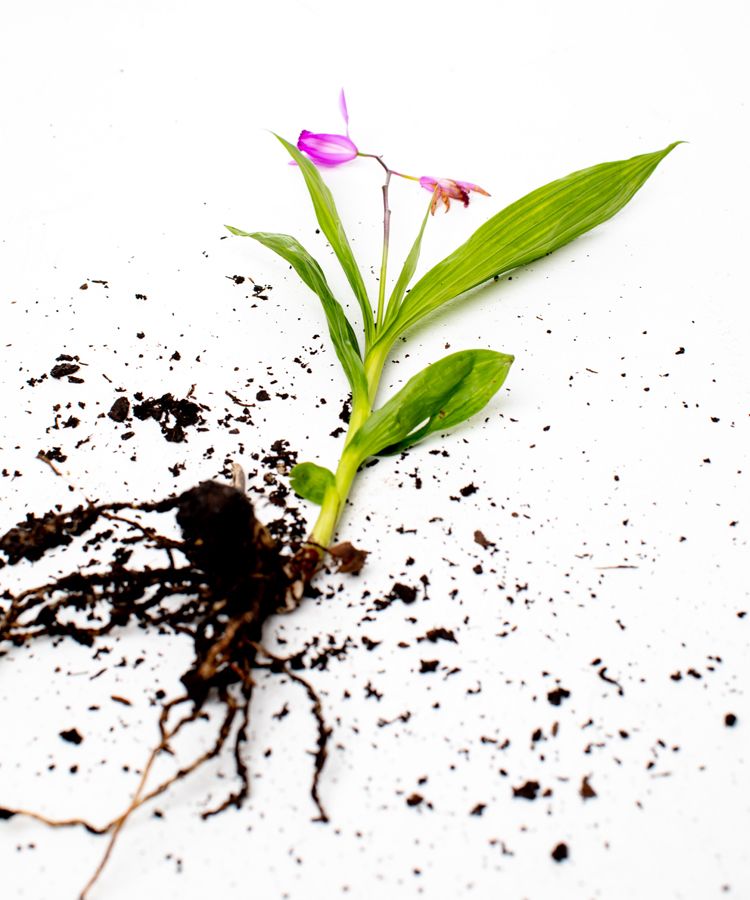
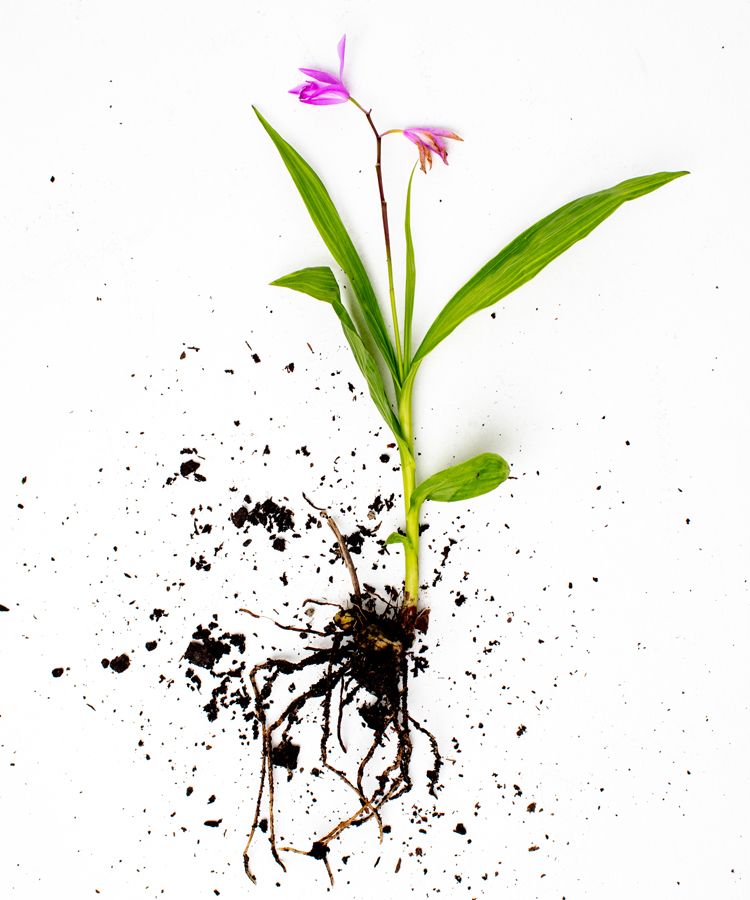
When Josephine first whipped herself into a frenzy in the Gulf of Mexico, the meteorologists predicted 5 inches of rain. Category 2. Some torn down fences, maybe, but nothing to be concerned about. Luci hadn’t even wanted to put up the hurricane shutters, not really. Her experience was that those storms almost always work out their violence in the Gulf, dump a few buckets onto the seaside town, create a couple cozy indoor days, and then the general populace can get on with their lives. Ana had been concerned, but Luci had assured her that any attempts at evacuation would just be hours-long bumper-to-bumper traffic to get five miles down the freeway. Josephine, though, in a big “F you” to meteorologists, stewed in the Bay just long enough to reach Category 4 before she marched her way onto land and tore Luci’s Port Aransas home apart like a puppy gutting its favorite squeaky stuffed animal.
So no, Luci hasn’t always lived alone in an RV, but it has been long enough now that she no longer turns down the wrong road out of sheer force of habit. Making herself do so now, to turn onto Palmella Drive and to stop three houses down on the left, feels alien. She has been making a conscious effort to take side routes and back routes for 345 days, doing anything she can to avoid seeing the house that she had lived in for 20 years, since shortly after Ana was born. She has returned only once since Josephine, two weeks after the storm hit, to take photos per the insurance company’s request and salvage what personal items she could. Now the click, click, click of the turn signal is deafening and the neon green of the newly replaced reflective street sign warns her away.
Josephine, though, in a big “F you” to meteorologists, stewed in the Bay just long enough to reach Category 4 before she marched her way onto land and tore Luci’s Port Aransas home apart like a puppy gutting its favorite squeaky stuffed animal.
“Are you ready for this?” Ana asks, leaning across the console to squeeze her mother’s hand. Ana clicks the pen she has brought with her and on the header page of the memo pad she has brought she scribbles a tiny hurricane then writes “Fixes” right beside it. She has on an oversized T- shirt, paired with the long pants and closed-toe shoes Luci had instructed her to wear, and her bobbed brown hair has been pulled up as much as possible, although wisps keep falling down around her face and into her eyes. Luci is grateful she is here. It has always been the two of them, since Ana was a baby, and the last few years while she’s been at college have been lonely.
Luci hands Ana one of the disposable masks she picked up the last time she went to the home improvement store for mulch. “Let’s do this thing.”
The house had been turquoise, once, just another in a row of brightly colored beach houses, sandwiched nicely between a sunshine yellow and a coral pink. Josephine did her job well, though, and the turquoise is now cracked from where it was waterlogged, streaks of dirt settling in every crack. The brown roof was torn off during the storm, and Luci hadn’t been able to replace it without the insurance money, so it has been a tarp for nearly a year now. Sand has piled up against the side of the house where the wind blew the hardest. Luci points to the roof. “First thing,” she says, and Ana writes it down. When they walk into the house, Ana cries. This is her first time going inside the house since she had come to visit before the start of her junior year of college, just a few weeks before Josephine hit. Shattered glass from picture frames and windows litters the floor in prismatic piles. The living room couch is littered with driftwood and dust. Sand crunches and the hardwood floors rot beneath their feet — they have to test each step they take as Luci points at things for Ana to write down, the pad blurry through her tears.
When they walk into the house, Ana cries. This is her first time going inside the house since she had come to visit before the start her junior year of college, just a few weeks before Josephine hit. Shattered glass from picture frames and windows litters the floor in prismatic piles. The living room couch is littered with driftwood and dust.
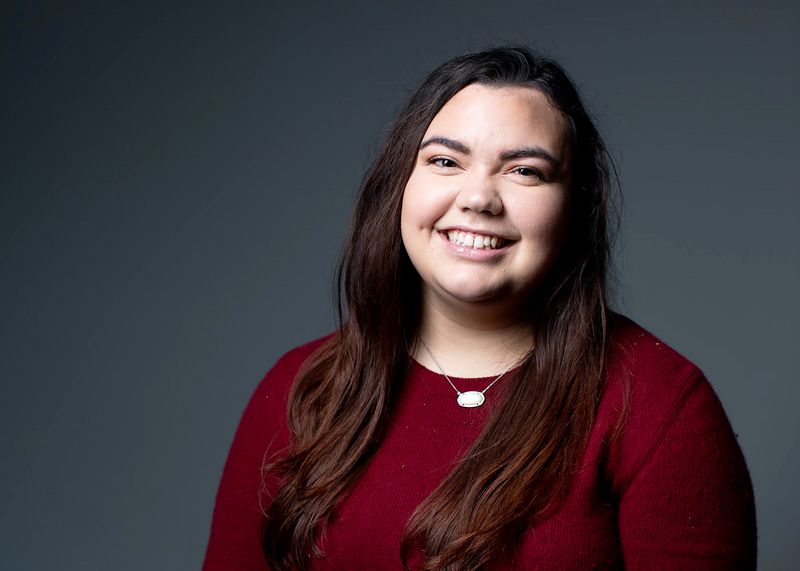
Mayden is a senior English Creative Writing major and a Marketing minor. She is working on a collection of short stories for her senior honors thesis and will graduate in May 2020.
Mayden is a senior English Creative Writing major and a Marketing minor. She is working on a collection of short stories for her senior honors thesis and will graduate in May 2020.
The Provost’s Prize for Creative Writing is awarded twice each year — once for poetry, once for prose. Each award provides a cash prize of $2,500. Underscoring the importance of writing across all disciplines at the University, the competition is open to all UH undergraduates. Melinda Mayden is the 2019 winner for prose. Winners are selected by a panel of faculty members from the Creative Writing Program. For more information, including previous winning entries, please visit uh.edu/provost/students/current/creative-writing/.
The list ends up taking three pages of the memo pad they’ve brought, but Luci reasons that Ana’s scrawl is larger than the average person’s, so realistically it’s probably only one very cramped page. Replace the roof, gut the flooring, buy new flooring, replace the shattered windows, replace rotted studs, redo the drywall in most of the rooms, buy all new furniture. She doesn’t want to turn the page. When they get back into the car, Luci snaps a photo and sends it to Nickels. He’s a construction crew manager, and he would know where they should start to rebuild their lives.
Luci decides that she and Ana should take Sunday off. Ana says she’s going to visit some friends from high school, Luci calls the nursery to see if they have any orchid colors she’s still missing — orange, yellow, green — and then spends the rest of her free time in the garden, toiling alongside Nickels and his zucchini. They meet up at Raymond and Maria’s block party in the evening. Luci is buoyant. Going through the house with Ana had been cathartic for her; she felt like she was finally moving forward with her life after a near year of inactivity. Ana, though, had been quiet all evening, and picking around the mountain of fajitas Luci has piled on to her plate. She abruptly pushes up from the picnic table and walks away. “What’s her deal?” Raymond wonders to the group as he walks out of his and Maria’s RV, fresh pitcher of strawberry margaritas in hand.
Luci furrows her brow. “I don’t know.”
Luci finds Ana by the garden plot, facing the heavy hanging moon, head dipped down to look at the orchids. “The woman from the nursery came by and dropped this off for you while you were helping Maria with the guacamole. Said she knew you were looking for it,” Ana says, nudging a plastic pot orchid with her toe, still not looking at her mother. The one bloom is a blinding shade of scarlet. Enthusiasm, boldness, and pride. Luci checks orange off her mental list. “Why are you doing this, mom?”
“Doing what, sweetie?”
“The orchids. Planting things in an RV park. In your ‘temporary housing.’” Luci can hear the air quotes in Ana’s voice.
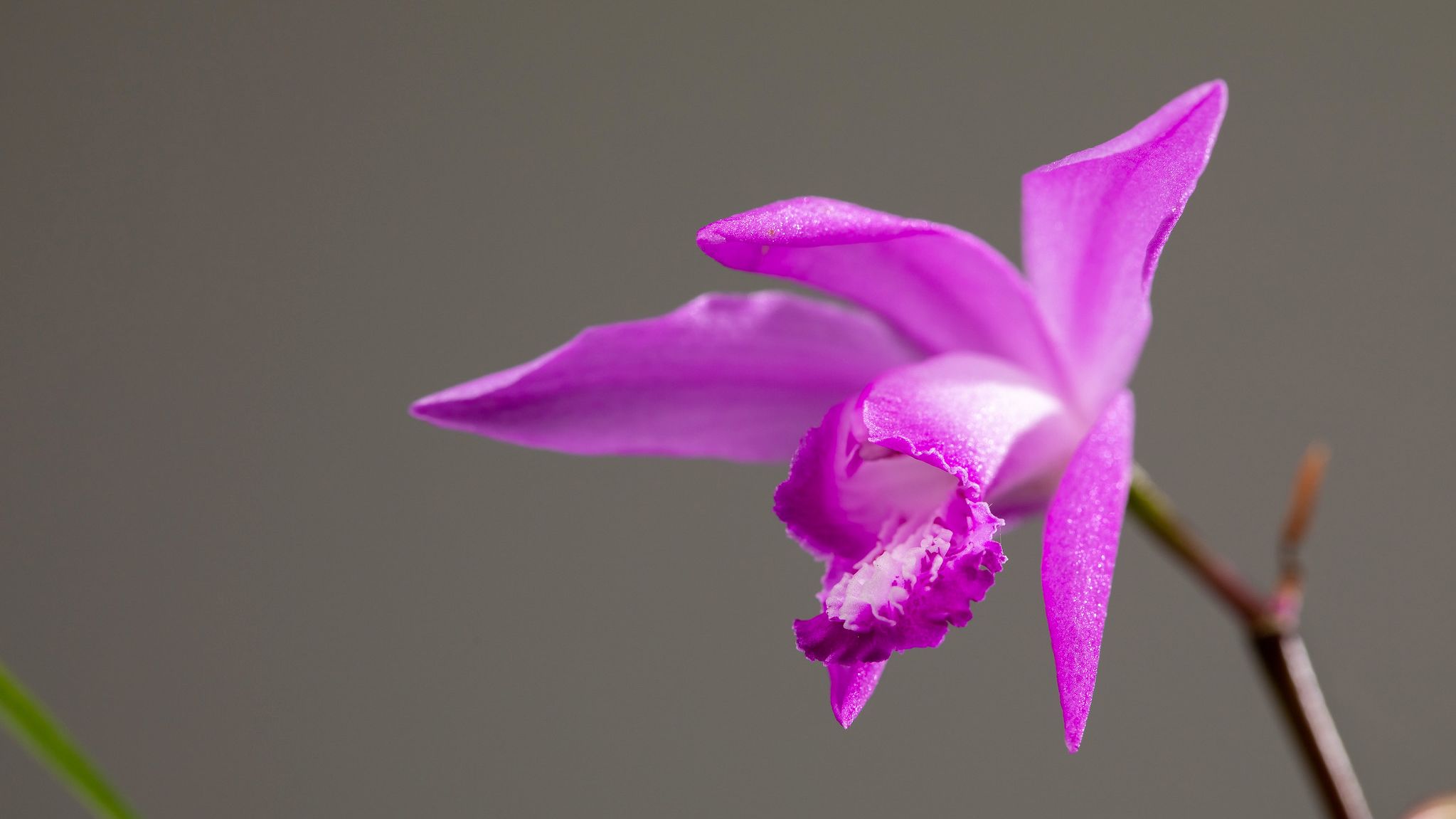
Luci looks down at her orchids, all lined up neatly in a row next to Nickel’s squash and behind Maria’s cabbage. She is just missing green and yellow now. “I don’t really know. To show that I can.”
“Well, you know what I want?” Ana wheels around then, facing Luci for the first time. Her eyes are wet. “I don’t particularly want a mom who lives in an RV less than a mile from the remains of my entire childhood, surrounded by kooks who throw block parties and pretend like it’s normal. It’s not a block. It’s hardly a rectangle. It’s a trailer park filled with a group of people who are just fine with anything that happens.”
Luci takes a step backwards. The warmth of the people she lives with still sits warm in her heart, lies heavy in her stomach. “They’re just trying to make it homier, you know. Do what they can. I thought you liked them.”
“I do like them,” Ana presses the palms of her hands to her eyelids in frustration. “But mom, come on. This is no home.”
“Ana, I’ll be out of here as soon as the house gets fixed up. That’s the plan, isn’t it? That’s always been the plan.” Luci is tired.
“You’re wrong, mom.”
Luci feels her annoyance rising. “What do you mean? Why are you acting like this? I told you I would move back into the house. That’s why we went over there yesterday in the first place.”
“We don’t have the money.”
“The insurance — ”
“No,” Ana cuts her off. “I got quotes on the list we made at the house yesterday. That insurance money won’t even cover half. We have to demo the house. The only thing worth doing is to knock down what’s left and sell the land. Rebuilding would be insanely expensive.”
“Don’t be negative, Ana. We can get quotes, talk to people.”
“Mom, I checked everything. I spoke to Nickels while you were on the phone with the nursery. There’s just no way it’s going to work. The best thing for us to do, he said, is to buy another house.”
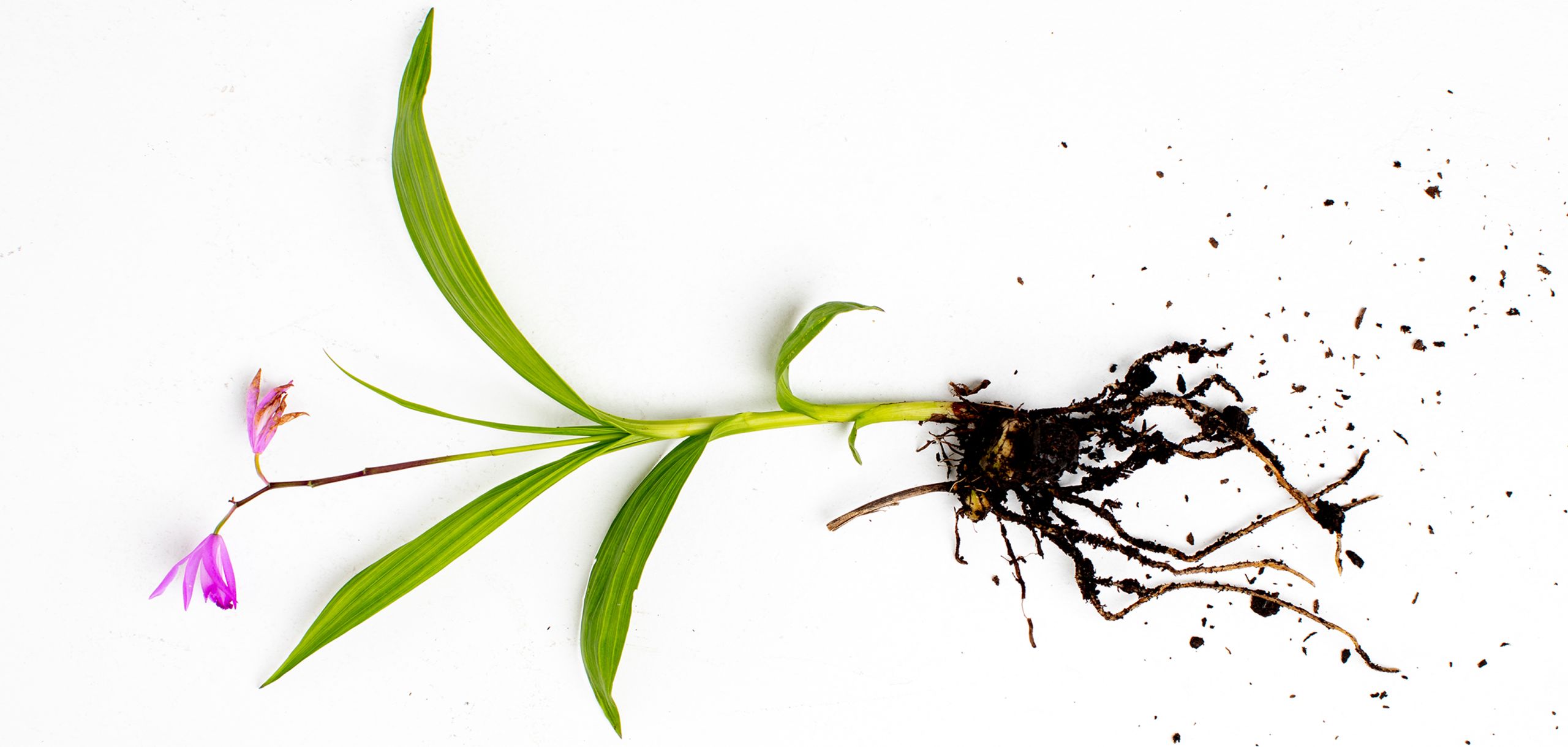
Buy another house,” Luci echoes.
“Or get an apartment somewhere. We probably won’t be able to get a house we can afford in Port Aransas. You’ll have to move into town. Or maybe you can come up to Austin. Then you’ll be closer, at least, so I can help you if you need anything. But you need to do it soon. You’re better than this, mom.” She gestures around them. Luci isn’t sure what she’s referring to — the RV park, the box plot garden, maybe the block party. The sounds of Nickels’ and Maria’s combined laughter at Raymond’s singing to Tejano music drifts over to them, and Luci wishes she was with them. “You’re not a lowlife who has to be stuck living in a trailer park like you’re some beach bum. You’re successful, mom. You made it through nursing school as a single parent, for God’s sake. Josephine took her knocks, but I think it’s time for us to move on.”
Luci is shaking her head. “Why didn’t you tell me this, Ana? Why did you do this without me? You can’t just make decisions for me.”
“I haven’t made any decisions, mom. You just seemed so happy tonight, with them. I didn’t want to upset you. Look, I’m sorry, I didn’t know what to do. But the house is gone.” Luci doesn’t say anything, just stares down at her orchids in the dirt and wonders if she remembered to water them today. “I’ll help you look for a new place. It’ll be fun, like house hunters. We’ll get through this together.”
Ana looks like she wants to say more, but Luci holds up her hand. “I just need to think, Ana. Please just let me think about this.”
“Okay. Goodnight, mom.” Ana hugs her briefly before walking away.
Luci considers what Ana said, that this place is no home. Luci thinks she agrees with that statement. And yet, and yet. She bends down and uses her hands to dig a small hole. She tucks the small orange orchid bulbs into the soil. She pats down the dirt around them. She tries not to suffocate them.
Ana leaves on Monday morning, saying she needs to get back to campus in time to finish her homework and meal prep for the week. By early afternoon, Luci’s email inbox is filled with Zillow listings and real estate agent contact information. All from Ana. Luci clicks through them one at a time, opening without reading. She leaves them sitting open on her laptop and then grabs her gloves and watering can and heads out to the garden.
Nickels approaches her after a few minutes. “I got you a going away slash a pre-congrats on the new house present,” he says. Luci shields her face from the sun and looks up at him as he pulls a pot out from behind his back.
“It’s green.” Luci is surprised he was able to find it.
“Good health, nature, and longevity,” he says before she can. “My wish for you.”
“Thank you, Nickels.” The pair is silent for a moment.
“You inspired me, you know. You and Ana. I’m leaving next week, going to live with my daughter and son-in-law out in Brownsville. It’ll take a few days to get my stuff in order, but I didn’t want to be the only one left who couldn’t move on. But anyway, this is my way of saying thank you for that.”
Luci’s throat is tight. “I’m so happy for you,” she says, and she means it. She wills herself to mean it. Nickels squeezes her shoulder gently and turns around, heading back to his camper for one of the last times.
Luci sinks down into the soil and places the green orchid down next to her. She traces designs in the dirt with her finger, tiny hurricanes and houses and flowers. Every so often, she punches her fist into her designs so that they disappear, and she can start over. She only moves when her leg falls asleep, when the sun is well on its way to rest for the evening. As Luci shifts to sit on her other side, she notices a bud has emerged from her last orchid, the one that had yet to bloom. A tiny orchid bloom unfurls from the soil, curling from the ripened stem. It’s yellow. Friendship, joy, and new beginnings. It completes the collection.
Luci leans over, grips it by the base, and yanks it out of the soil. One by one, she yanks them all up. Bulb by bulb, leaf by leaf, root by root.
